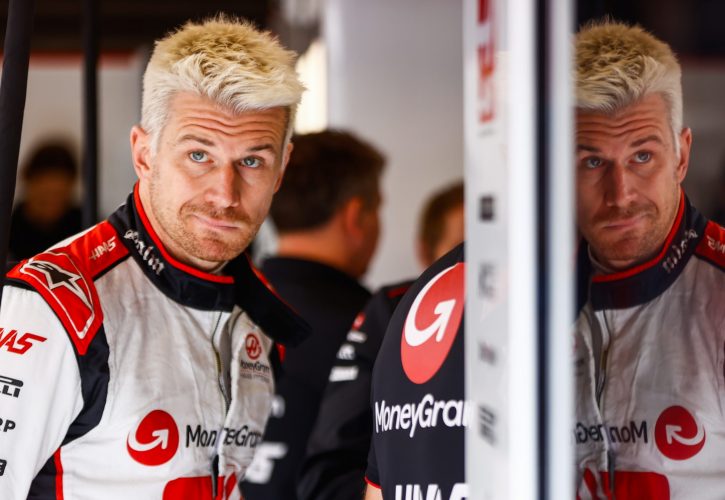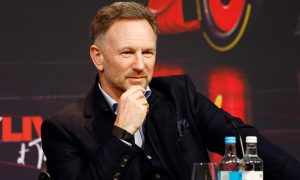
Nico Hulkenberg believes that Germany's dwindling interest in Formula 1 is in part rooted in the country's belief that the automotive industry is in part responsible for climate change.
Until 2013, Germany - a country steeped in F1 history since the beginning of the world championship in 1950 - enjoyed a perennial presence on F1's calendar.
Through the decades, races at Hockenheim or at the Nürburgring were well attended while promoters also capitalized on the success of Michael Schumacher during the German driver's heydays in the sport.
But in the past decade, Germany's interest in Grand Prix racing has faded, even despite the success enjoyed by Sebastian Vettel and Nico Rosberg, and regardless of Mercedes' prolonged supremacy, while the country last hosted a round of the world championship in 2019.
There are likely many reasons for Germany's waning passion for F1, but Hulkenberg suggests that the automotive industry's perceived impact on the environment, as perhaps embodied by Volkswagen's emissions scandal in 2015, is one factor at play.
"Germany was always spoiled in racing with Michael, then with Sebastian and Rosberg," said the Haas charger, who is also Germany's single representative in F1.
"Plus, with Mercedes, we've always had a very strong presence in F1 for at least the last 30 years or so.

"I think also sometimes the sport is more popular and has higher demand, and then naturally, probably, it tails off sometimes.
"But then also, I think, in Germany, the perception of in general the car automotive industry is it's like responsible for climate change and is not sustainable. And I think that rubs off onto motorsport.
"That's why I think the perception and what politicians tell the people is that this is bad, and somehow that has a negative impact on racing in F1 too."
Germany's interest in F1 could potentially be revived by Audi's entry into the sport in 2026, especially if the team performs well and competes near the front of the field.

Last year, F1 CEO Stefano Domenicali admitted to being puzzled by the German fans' progressive withdrawal and to regretting the country's absence on the F1 calendar.
"Believe me, I’m disappointed and also sad that we don’t have a German Grand Prix at the moment," he said.
"But unfortunately, I don’t see any real interest from Germany in becoming part of the Formula 1 calendar again. That’s a shame and actually hard to believe.
"I hope this will change again in the future.
"We have so many requests from all over the world. We could easily race on 30 different circuits. And to see that nobody from Germany is ringing the bell is regrettable."
Keep up to date with all the F1 news via Facebook and Twitter






